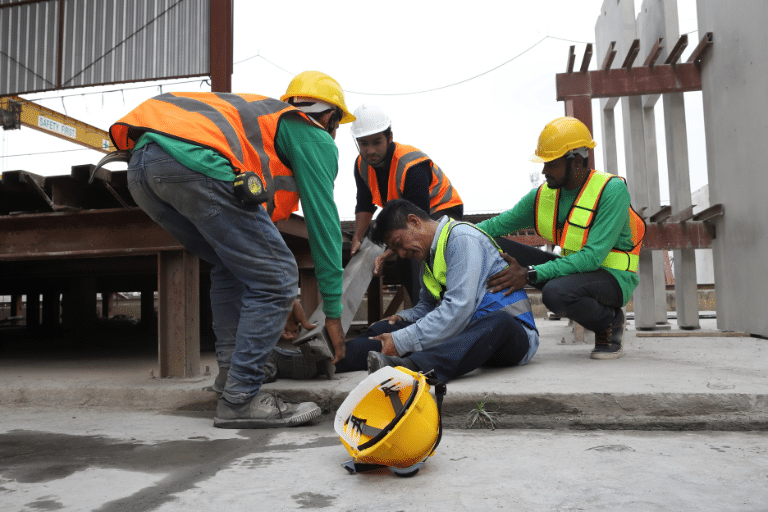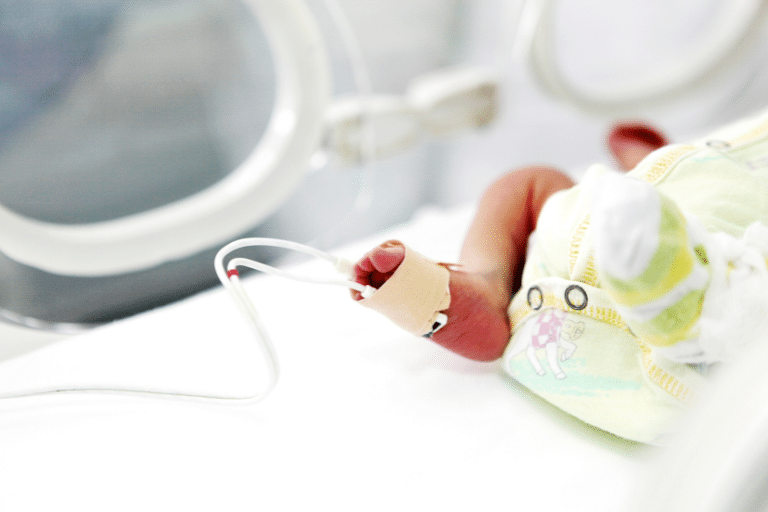Slip and fall accidents are some of the most common personal injury cases, and they can happen anywhere, from grocery stores and shopping malls to office buildings and restaurants. When these accidents occur on commercial property, determining liability can be complex. Who is responsible for your injuries?
What is premises liability?
Premises liability is the legal concept that holds property owners and occupiers responsible for accidents and injuries that occur on their property. This means that commercial business owners, landlords or property managers may be held liable if they fail to maintain a safe environment for customers, tenants or visitors.
To prevail on a claim, the plaintiff must prove that the property owner or manager was negligent. This involves demonstrating that the property owner owed a duty of care to the injured party, and the property owner breached that duty by failing to address a hazardous condition. Finally, they must show that breach caused actual injury.
Common types of slip and fall accidents
Some of the most common causes of slip and fall accidents on commercial property include:
- Wet or slippery floors: Spills, leaks or recently mopped floors (without proper signage) can create dangerous conditions.
- Uneven surfaces: Cracked pavement, loose tiles or uneven carpeting are a tripping hazard.
- Poor lighting: Dim or inadequate lighting in hallways, stairwells or parking lots can make it difficult to see hazards.
- Cluttered walkways: Debris, merchandise or equipment left in walkways can cause someone to trip and fall.
- Lack of handrails: Missing or broken handrails on stairs or ramps can lead to serious accidents.
In each of these situations, the property owner or manager may be liable if they knew or should have known about the hazard, but failed to take appropriate action to fix it or warn visitors.
Who’s liable for an accident on commercial property?
Liability often hinges on several key factors. First, the owner must have known or should have reasonably known about the hazardous condition. This could be proven through regular inspections, maintenance routines or reports from employees or customers.
When a property owner or manager becomes aware of the hazard, they must take reasonable steps to either fix the issue or clearly warn visitors. This might include placing warning signs around wet floors, promptly repairing broken steps, replacing broken lights or removing obstacles from walkways.
However, there are exceptions. In some cases, the injured party’s own actions may also be considered. For example, if the person was distracted, ignored warning signs or was in an area that was clearly off-limits, their compensation might be reduced.
If you’ve been injured on commercial property, it’s important to understand your rights. Call the Law Offices of Tim Misny to learn more about your legal options.
Discuss your accident with an Ohio personal injury lawyer
The Law Offices of Tim Misny can help you with your accident claim. When you’re the victim of negligence or recklessness, I’ll Make Them Pay!® Call my office at (877) 944-4373 so that I can evaluate your case right away.







